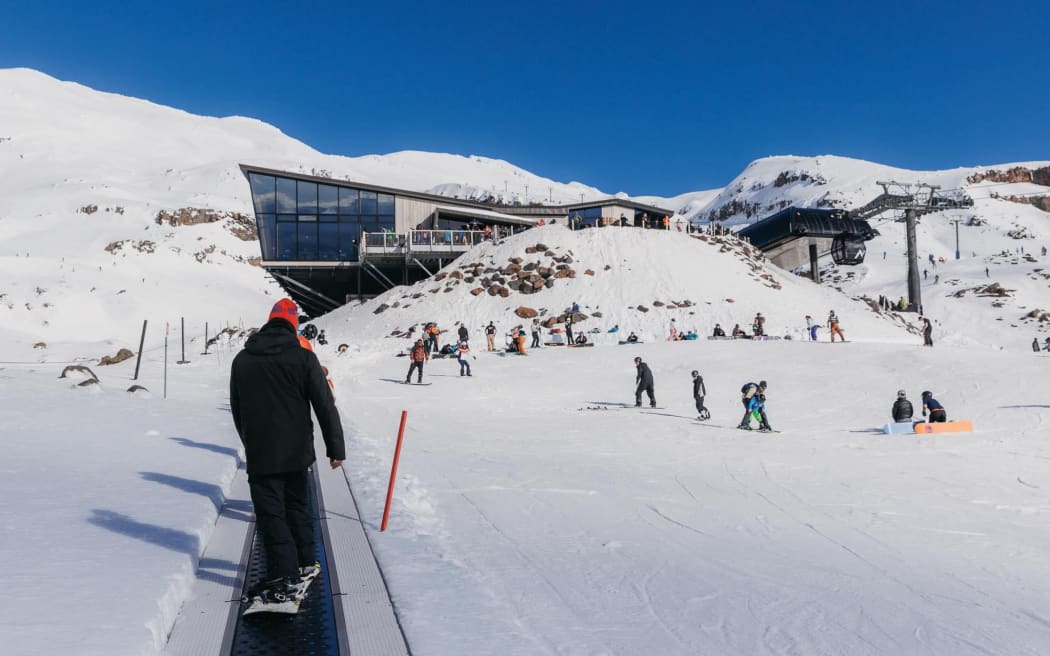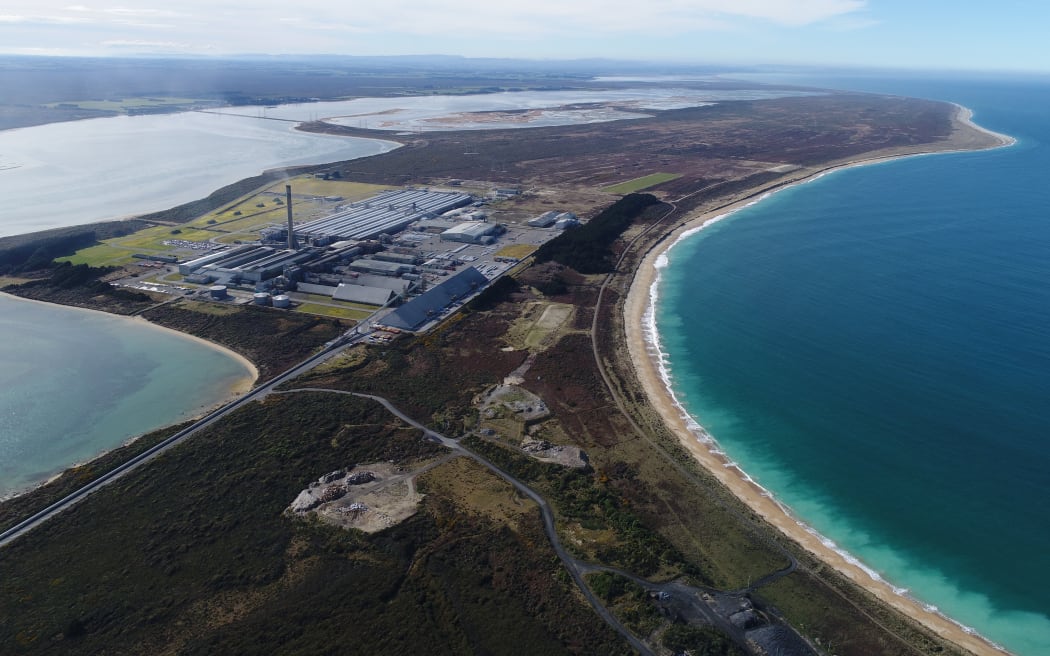A ski field is the latest in a long line of floundering private companies being rescued by the taxpayer.
The government has previously been the proud owner of hotels and even some thermal pools in a bid to keep them afloat.
On Wednesday it splashed its fifth (and regional development minister Shane Jones was firm, final) wad of cash to prop up Ruapehu Alpine Lifts (RAL), which operates the maunga's Whakapapa ski field.
It gave central North Island snow bunnies certainty of one more season while the company sought a buyer.
There were obvious economic benefits of keeping it from crashing into the ground, - but it sets a bad precedent, commercial lawyer and former ACT MP Stephen Franks said.
"Everyone who's in a business that's struggling will say, 'Why not us?'"
Right under the shadow of Ruapehu lies one such business - Adventure Lodge and Motel in National Park village. Owner John Visser said the RAL rescue was a positive result overall, but it was unfair taxpayers had to cough up.
"You know, our business, we really struggled through Covid, and nobody came to give us a handout to keep our business going. That makes it disappointing when a big business like that should've had some insurancing behind it, or some dollars saved to see it through."
Only in hindsight will it be known whether the government was right to come to the rescue, Franks said.
"There's always optimism by the people who are creating and building businesses, and governments aren't very good at distinguishing between those that are hopeless and those that are good. Sometimes you get it right, often you get it wrong."
It would not be the first time the government stepped in.

October at Whakapapa ski field, Mt Ruapehu, 2023. Photo: Supplied/ Ruapehu Alpine Lifts
'Dud' hotels
Franks pointed to the Crown purchase of failing - or as he put it, "dud" - hotel businesses.
It began in the late 19th century, according to Te Ara, the encyclopaedia of New Zealand.
"The government took control of tourist sites such as Rotorua's thermal pools and the Milford Track, in the hope of boosting overseas tourist numbers. In 1895 the government also took over the Hermitage Hotel near Mt Cook, and soon after built or purchased accommodation houses near Rotorua, Lake Waikaremoana, Waitomo, Lake Pūkaki and Te Anau."
But they landed squarely in Franks' "hopeless" camp.
"These early investments produced disappointing results and attracted few overseas visitors," Te Ara said. "By 1920 Waitomo was the only resort to consistently return a profit."
If at first you do not succeed, try, try again: the government bought up another five hotels in the 1940s, and created the Tourist Hotel Corporation in the '50s to manage its portfolio, which it expanded again in the 1960s, before gradually selling them off again by 1990.
Its perseverance with pouring in and losing money may have been the ticket to eventual success in what are now tourist hotspots like Queenstown, said Franks.
Banks, airlines and an aluminium smelter

Rio Tinto's Tiwai smelter. Photo: Otago Daily Times / Stephen Jaquiery
Among the many private companies the government has rescued are a bank, our national airline, and an aluminium smelter - just for something a little different.
In 1989, BNZ was still a New Zealand bank, and close to collapse. The Crown coughed up not once ($634 million) but twice ($720m, with the help of another investor) to save it.
The owner of the New Zealand Aluminium Smelter, Rio Tinto, has threatened multiple times to shut up shop - and been met with offers of cheaper electricity through a deal with the government and Meridian Energy. If it goes, 1000 jobs in Southland would go, too.
And not to be forgotten - the current prime minister's former employer, Air New Zealand.
Nearly $900m was spent in 2001 to bring the national carrier back from the brink and safely into government arms (and majority ownership).





